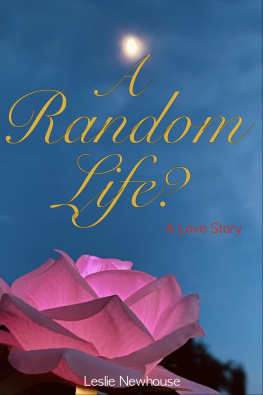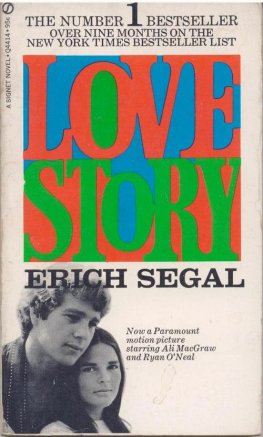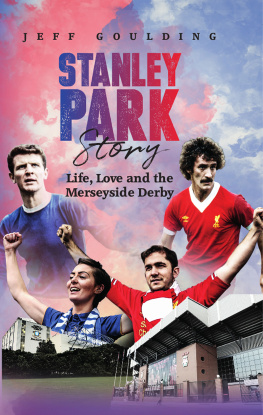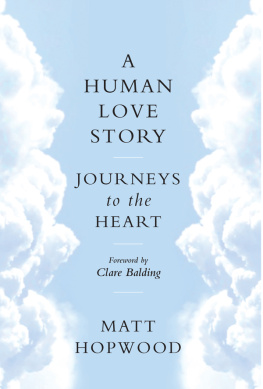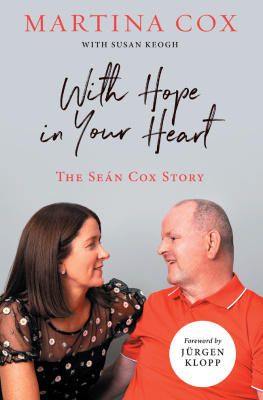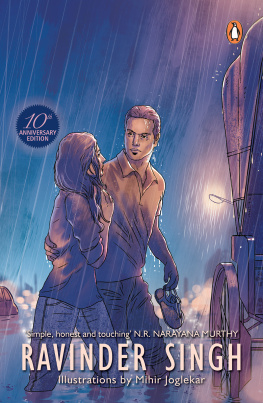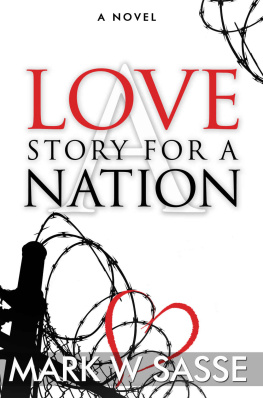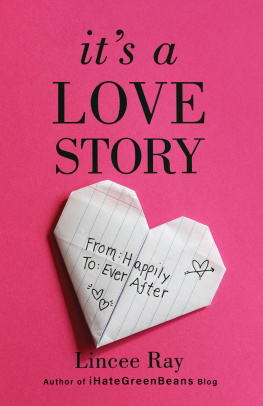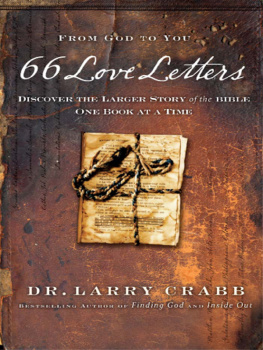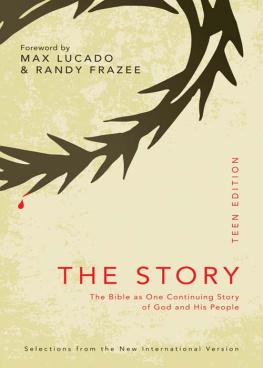A Random Life?
Leslie Newhouse
Published by Leslie Newhouse, 2022.
While every precaution has been taken in the preparation of this book, the publisher assumes no responsibility for errors or omissions, or for damages resulting from the use of the information contained herein.
A RANDOM LIFE?
First edition. February 18, 2022.
Copyright 2022 Leslie Newhouse.
ISBN: 979-8201435288
Written by Leslie Newhouse.
10 9 8 7 6 5 4 3 2 1
A Random Life?
"A Love Story"

Explanation
I am neither a writer nor a journalist. I have practiced medicine for the past 41 years. Twenty-nine years in the Emergency Room and Urgent Care along with twelve years in Cardio Thoracic Surgery. I am very adept at presenting medical cases at conferences. I am hoping to make this more like a conversation similar to that of your best friend confiding in you. Its a very unusual story. One that starts out normally but becomes one that I would have never expected to be a part of in my wildest dreams, but here I am. It is a story, with history, humor and a love story woven throughout where love never dies. It will not finish in the way that it began, and I will never be the same.
T his story starts out in November of 1948, in the small farming community of Osage, Iowa. In small Midwest towns in 1948 it was more common to be born at home than in a hospital if you had limited means. I was born in my grandparents' home so my grandmother could help after the delivery. Kindly old Doctor Doyle came to the house alone that day, did the delivery and left a bill for $50. The family I was born into was a very hard working, grounded, down to earth, matter of fact family. In 1948, 50 dollars was a great deal of money to them. It was half a month's wages or more for some. My mother, laughingly, told me recently it was a cold dreary Saturday afternoon in November, and she didnt have anything else to do so she decided to give birth. That statement gives you a proper insight into my mother's personality. My mother is a unique individual that projected a very hard exterior and appeared tough but within that hard exterior beat a very soft compassionate heart for children. Which she managed to keep covered up quite well. She grew up during the depression when times were difficult and life was hard. My grandmother would save and dye animal feed sacks different colors and sew them into dresses for my mother and her sister to wear. They raised and canned all of their own food. My grandfather hunted for meat and sold the hides for what money he could get. He also worked for the WPA, a government work program, for 50 cents a day when he could work and when they had work. My mother said that she never thought of themselves as poor because so many others in that town were in the same situation. She was thankful that they were self-sufficient and never had to go hungry like many people in the cities did. No bread lines or soup kitchens were needed. People would help each other out as much as they could. They were your neighbors and your friends. In Osage they would survive or perish together. My father's story was very similar except for the feed sacks.
My mother celebrated her 16th birthday two months before I was born. I was extremely fortunate because my parents had decided to get married in April of 1948 after they found out my mother was pregnant. In those days pregnant girls had two options, get married or sent off to what they called Homes for Unwed Mothers. Girls would quietly disappear, usually at night, to stay at these homes until they were ready to give birth. There was one of these homes across the street from the University of Iowa Hospital. It was a two story brick building that was the old unused nurse's residence. At delivery time, the girls would be placed in wheel chairs and secretly rushed through underground tunnels that passed under the street and into the hospital to give birth. Then they would return home alone with the story that they had been ill and had gone away for treatment. It happened often enough that people knew what it meant. The girls would be treated by some in the community as if they wore an imaginary "Scarlet Letter." But it allowed the girl's parents to at least pretend that nothing had happened.
After I was born, we moved into a house on main street that had been converted into upstairs and downstairs apartments. We lived upstairs and, down stairs lived a little girl with her older sister and parents. When we were old enough, our parents would have us spend time playing together because we were the same age and we got along very well. I dont remember this time in our lives, we were much too young. That little girl that lived downstairs was destined to become the absolute love of my life, and her name was Donette. As humans, we are imperfect at best. So, it may not be perfect, but it is what I was told and how I remember living it from my perspective. Memories have a tendency to change and soften with time. They can sometimes become what you wish they were. All I can do is promise to do my best. This is our story and it is dedicated to our children and grandchildren. So, they will know who we were and what made us the people we became.
I was named after my fathers oldest brother, Leslie, who at the age of 11 was thrown from a startled horse and suffered a few minor bruises and small a cut from a rusty barbed wire fence to his arm. It was so small that the doctor didnt think he needed stitches, it was bandaged and it shouldnt be a problem. But Leslie later died. He suffered in excruciating pain from the unrelenting constant muscle spasms of tetanus. Think of the worst Charlie Horse you have ever had in the calf muscle of your leg, a muscle spasm that made you cry out in pain. Then multiply that times your entire body and it doesn't go away. The spasms are so strong that they can tear tendons away from the bone and ultimately destroy your ability to take a breath. He died at home. I cant imagine what my father and my grandparents went through listening and watching this horrific ordeal.
My father was a tall slender man who had enlisted in the Navy as a teenager just before the beginning of World War II in the Pacific. He was aboard a naval ship that was three days from arriving at Pearl Harbor when he received orders to return to San Francisco to put a Merchant Marine ship into service. He was transferred at sea via a bosuns chair. A board suspended on a single rope over the water to another ship on its way to California. Three days later Pearl Harbor was attacked. We dont know the fate of the original ship he was on. He said he heard a rumor later in the war that it had gone down with all hands aboard after being struck by a torpedo. My father fought the Japanese from a gun turret on the bow of the Merchant Marine ship that he helped put into service. It carried supplies, ammunition and an occasional fighter airplane to the fighting in the pacific. He would never talk about the war until much later in life. The first time I remember him saying anything about it, he was over 80 years of age. He told me about fighting Japanese Zeros, shooting down Kamikazes, and avoiding the Japanese ship convoys. He said one moon lit night when he was walking deck watch on the bow. He saw a torpedo on collision course with his ship. At the very last minute it suddenly veered off and crossed in front of the ship's bow. He watched it go by and then disappear. It happened so fast he didn't have time to react. On its collision course it would have struck the very spot where he was standing. My father looked down and didn't say anything for a few moments. To this day he doesn't know why that torpedo turned, but he was very thankful that it did. He smiled, then told me about his trip from San Francisco by ship all the way around the world to New York City. Then he traveled by train across country back to San Francisco and a new ship. He was so proud of that complete circumnavigation of the entire world. Then his eyes would tear up, and he would tell me about the day, near the end of the war, when they picked up the emaciated American prisoners of war. Many of whom couldnt walk and were nothing more than skin and bones. They had been rescued from a Japanese prisoner of war camp and had to be helped or carried aboard. That vision stayed with him for all of those years and was the main reason he tried not to remember. I am very proud of my father to this day.

